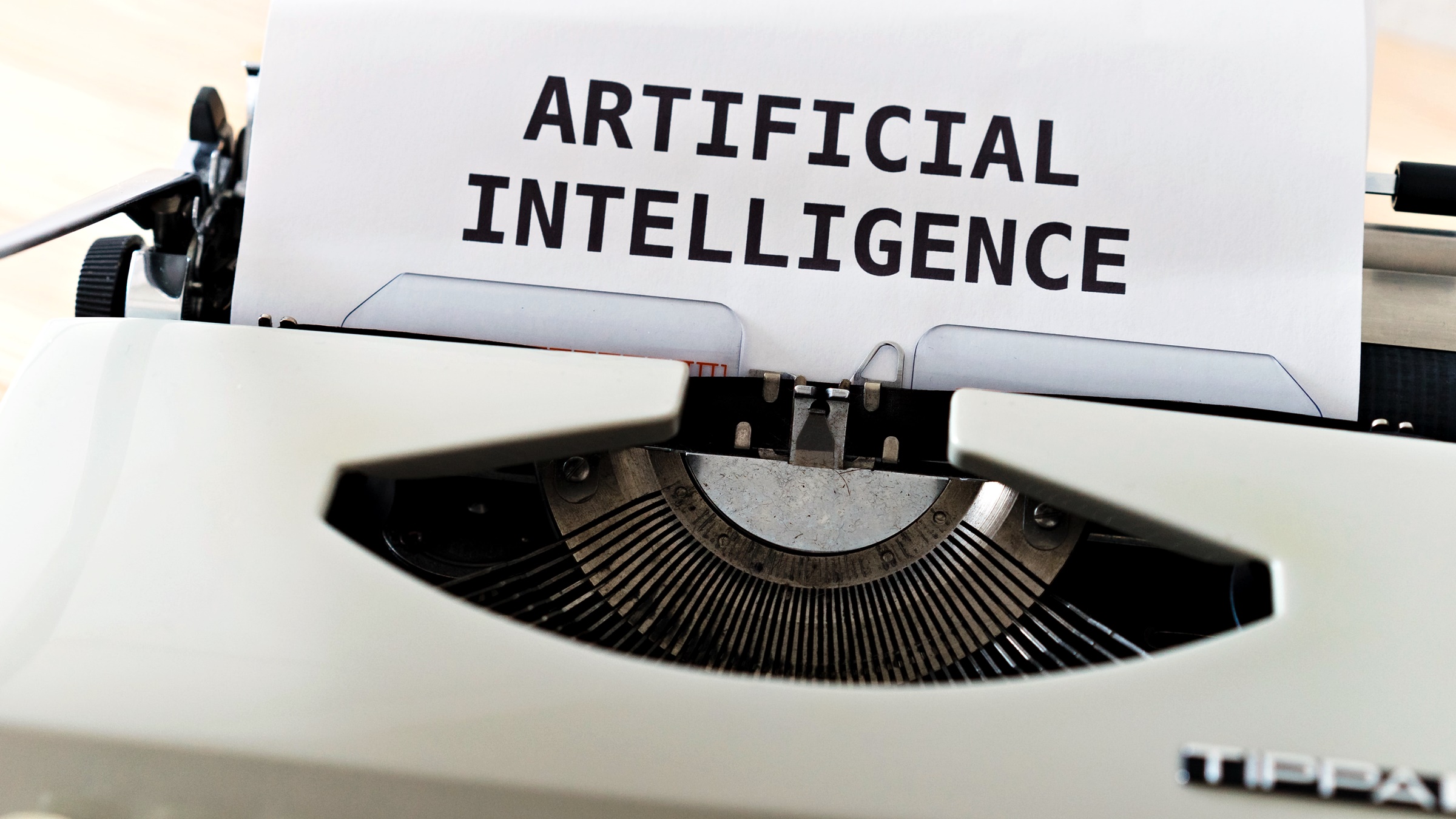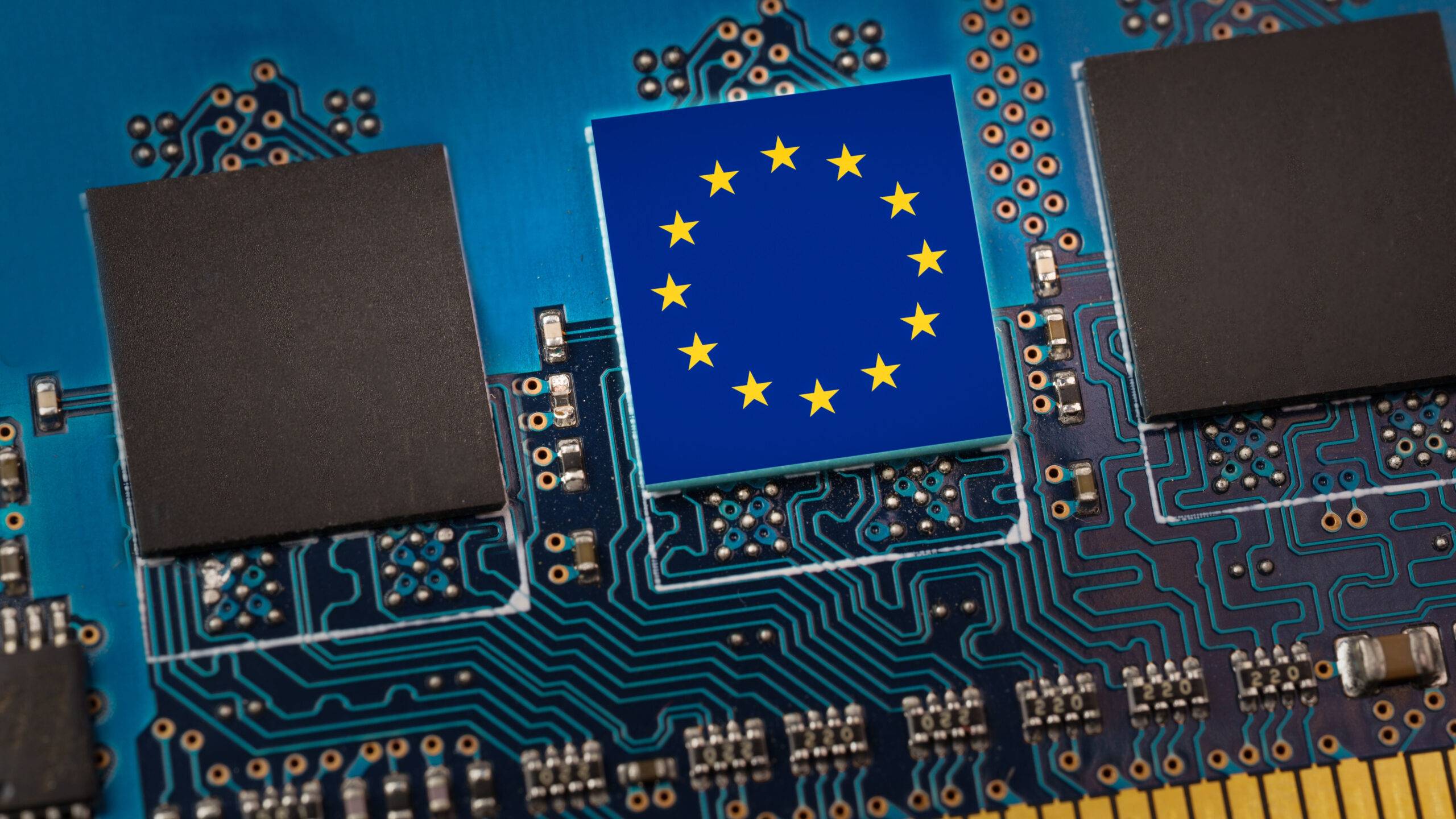Europe’s AI Act Risks Being Derailed by Last-minute Copyright Debate

You have to feel sorry for those pioneers who want to make the next breakthrough in artificial intelligence (AI) happen in Europe. Because lately it seems like not a day goes by without new ideas emerging here in Brussels that would make the lives of European AI developers more complicated, often without proper justification.
This time, some publishers are calling on EU lawmakers to add new copyright requirements to the bloc’s first-ever AI Act. Such last-minute additions could derail the progress made on the file in recent months and make it impossible to reach an agreement before the end of this year.
In fact, this new discussion revolves around data, which is crucial to train AI models. Data is used to learn and improve their performance, but also to adapt to new environments and make accurate predictions. Training AI systems using diverse and representative data also helps to reduce potential biases for instance. Now if you are wondering what copyright has to do with ‘raw’ training data, the answer lies in the EU’s copyright framework.
After four years of tense and complex negotiations, the EU Copyright Directive was officially adopted in 2019 and should have been implemented by all Member States in 2021 (some have been slow to transpose the Directive into national law and others have yet to do so).
Nevertheless, as recently clarified by Thierry Breton, European Commissioner for the Internal Market, the 2019 directive also applies to AI developers, so “the creation of art works by AI does not deserve specific legislative intervention”.
Under European copyright rules, protected works used to train AI systems require the developer to first seek the rightsholder’s consent, unless certain exceptions apply. One important exception covers so-called text and data mining (TDM), which essentially allows developers to copy large quantities of data or text and automatically analyse it to identify patterns and relations, provided that this information is publicly available on the internet and that the respective rightsholders did not object to such use.
As Commissioner Breton confirmed, this exception strikes a “balance between the protection of rights holders, including artists, and the facilitation of TDM, including by AI developers”. The TDM exception grants rightsholders a broad range of possibilities to control, licence, or even entirely prohibit their works from being used for TDM. It “leave[s] for-profit miners in the EU at the mercy of the content creators,” as Professor Hugenholtz underlines. The exception does not apply to any ‘paywalled’ content or where rightsholders object to the use.
Yet, this narrow exception can be criticised from several points of view. Not only does it put European AI developers at a competitive disadvantage in comparison to other regions that do not require prior authorisation, such as the United States, it also raises the cost of AI development in the EU and grants copyright protection to raw facts and data. The way Europe deals with raw input data today, makes clear that rightsholders already benefit from broad protection and powers under EU law.
Some rightsholders and parts of the creative industry now seem to fear that ChatGPT-like AI systems might impact their business models, and are suddenly pushing for additional copyright rules to be introduced in the AI Act.
This is interesting because the creative industry actually is expected to be among the main beneficiaries of AI. Rightsholders will be able to make efficient use of their right to prohibit TDM and to monetise content used to train AI systems via licensing agreements, but they will also benefit from the AI systems themselves. Designers, artists, filmmakers, and musicians – all will benefit from AI innovation. Judging by what is happening right now, it looks like some publishers and rightsholders want to have their cake and eat it too.
And while there are concerns that the EU’s existing copyright framework might be underenforced to some extent, recent decisions by EU regulators clearly demonstrate that enforcers are well equipped to deal with AI and to apply existing rules in this domain. The European Data Protection Board (EDPB), for example, was quick to announce the launch of a dedicated task force to coordinate possible enforcement actions following the Italian Data Protection Agency’s decision to temporarily ban ChatGPT late last month.
This just goes to show that instead of introducing new copyright rules and adding more complexity to the AI Act, the EU should focus on enforcing its existing rules, which perfectly fit the age of artificial intelligence.
The European Union has the opportunity to adopt the world’s first legal framework dedicated to AI by the end of this year. Lawmakers should focus on creating an AI Act that introduces clear, risk-based rules for AI developers and deployers, and fosters European innovation.
If lawmakers suddenly decide to introduce new copyright requirements, they risk derailing the entire process for no good reason. Let’s keep the focus on progress, not more complexity.








